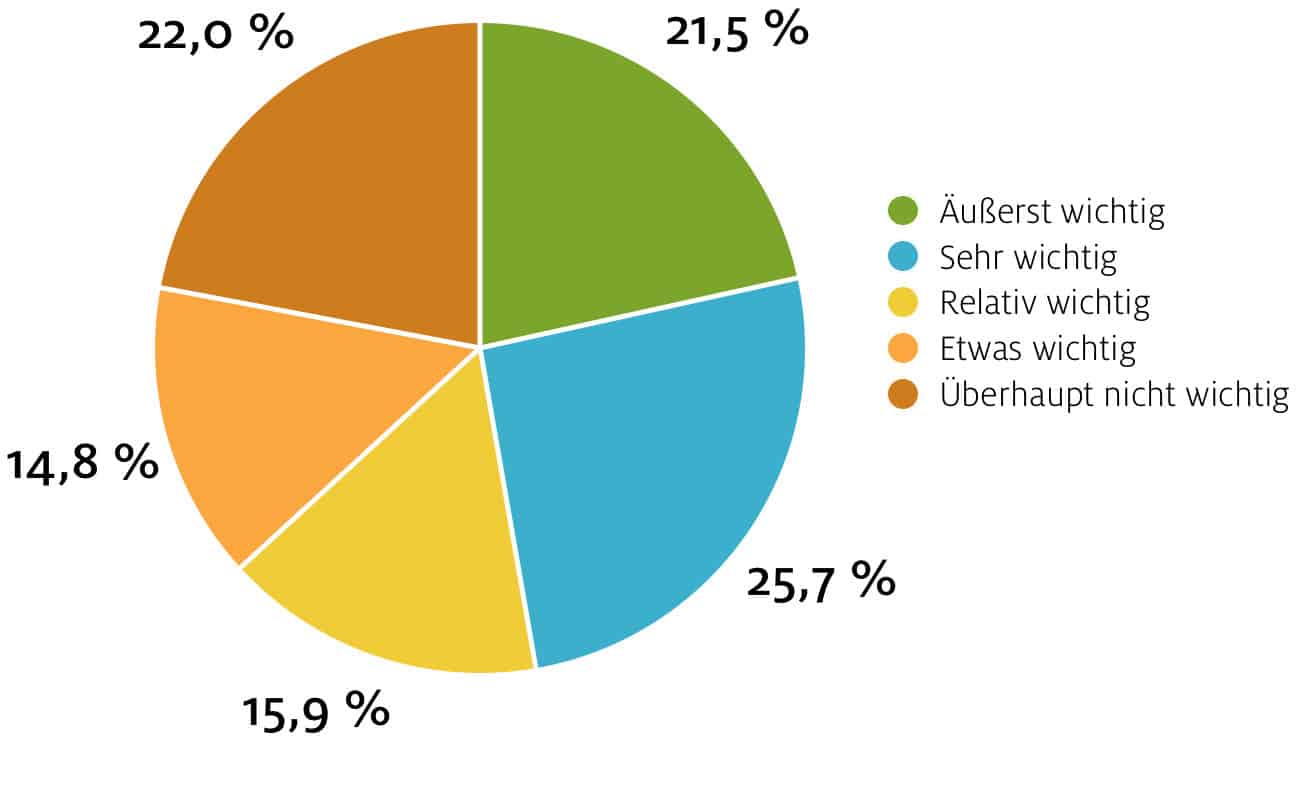Gendering is a topic of great political relevance these days
Anyone who wants to talk about the topic of gendering these days quickly realizes that the likelihood of stirring up a proverbial hornet's nest is high. In the meantime, not only society and politics, but also science are concerned with how people wish to be addressed.
While some see progress in gendering, because it is a way of not discriminating against anyone as far as possible, others speak of a "rape of the German language".
Now a scientific conference around gendering was held in Bielefeld. Once again, it became apparent that the words involved may not be long, but they carry an enormous amount of meaning.

Who is actually gendering?
Most people who decide to use gender in everyday life tend to belong to the younger generation. Here, it has become common for many to indicate via e-mail signatures whether they would like to be addressed as "she/her" or "he/him", for example.
Queers are not the only ones who decide to include this addition in their contact information. Also many people who do not belong to the community often add the corresponding details. This is then a sign of respect towards others. The boundaries between cis people and, for example, non-binary people are thus somewhat blurred and it becomes apparent that everything is actually "quite normal".
Many people do not want to be pigeonholed
In the context of the scientific conference, it became apparent that many people in today's world resist being pigeonholed into the binary system if they do not feel comfortable here.
It is particularly interesting that not only politics but also science is now affected by this topic. Accordingly, this is not about emotions, but simply about facts. The question of one's own identity also plays an important role in this context. However, the scientists in Bielefeld were not only concerned with the present, but also with the past.
Some scientists are of the opinion that their field receives too little attention in the political environment (and precisely also in discussions on the topic of "gendering"). The conference should be a first step in the right direction.
Anyone who studies a bit of language history will quickly realize that the question of the correct pronouns has played an important role for a long time - not only in connection with the German language, but in general.

What is the case for gendering?
People who use gendering usually want to express that they accept all people - regardless of their gender - and do not want to discriminate against anyone. What may sound a bit "bumpy" for many in the first step, accordingly has an important background.
Especially those who adhere to the theory that there are only two genders often feel attacked in several ways by the gendering of their counterpart. After all, values that play an important role for the people concerned are completely questioned here with just one word.
How charged the debate is can be seen, among other things, in the comment columns on various social media platforms. For example, many opponents of gendering write that they want to "switch off directly" when a moderator adds a ":innen".
Accordingly, the approach taken by the Bielefeld conference is certainly comprehensible to many. Science is not based on emotions, but on facts. And could be an important addition to the political discussion.
EU Parliament deliberates for more protection of queers in the EU